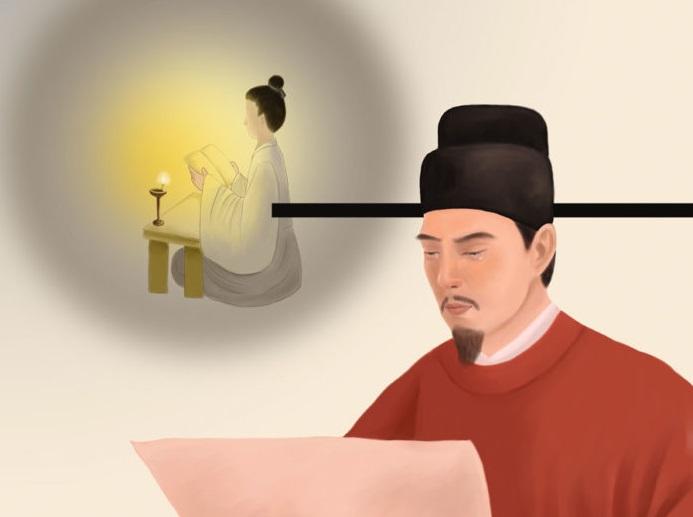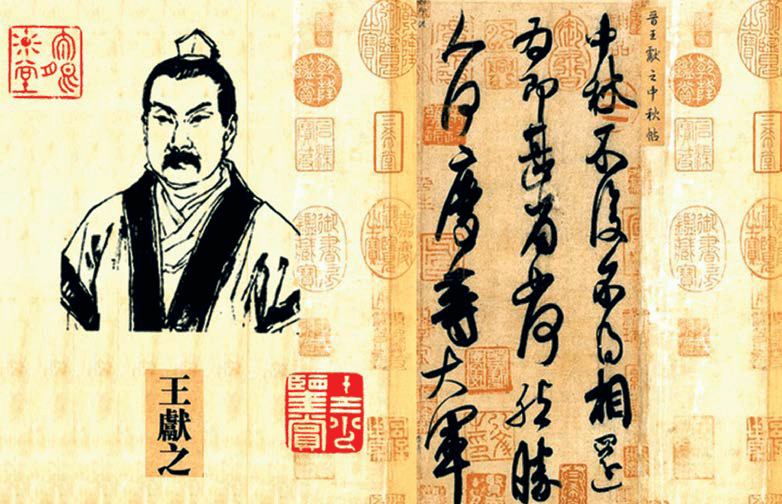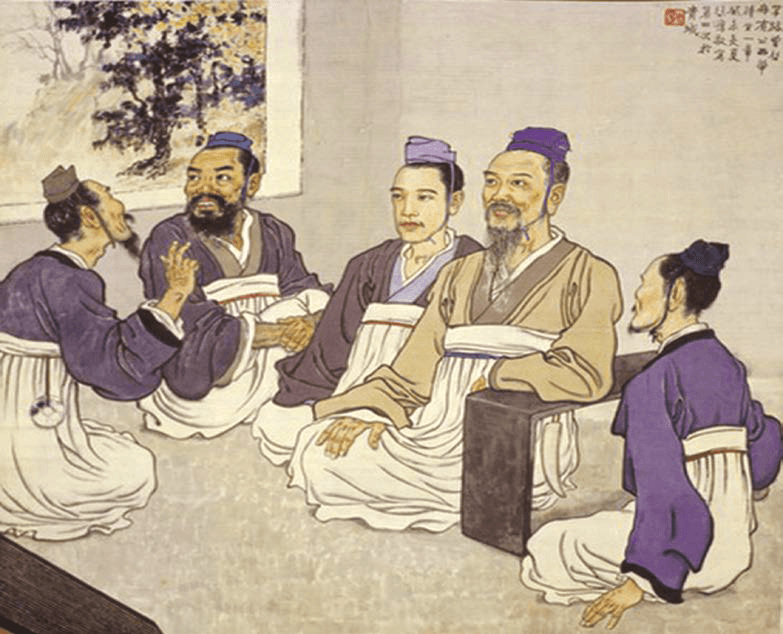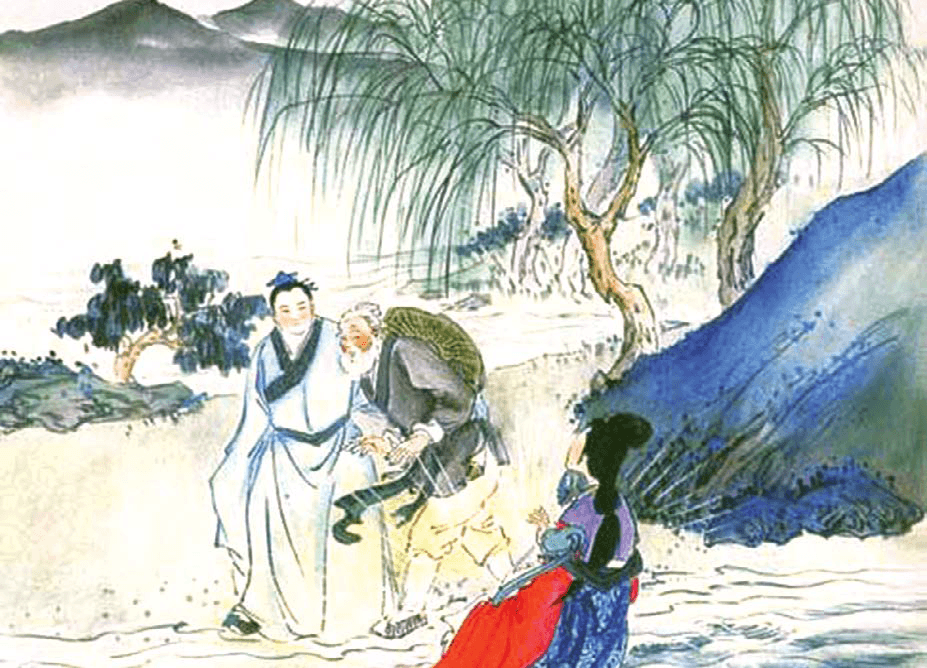The “Three Character Classic,” or “San Zi Jing,” is the best-known classic Chinese text for children. Written by Wang Yinlian (1223–1296) during the Song Dynasty, it has been memorized by generations of Chinese people, young and old. Until the 1800s, the “Three Character Classic” was the first text that every child would study.
The text’s short, simple, and rhythmic three-character verses allowed for easy reading and reciting, while the content covered a broad range of topics. It not only helped children learn common Chinese characters, grammar structures, and lessons from Chinese history but also, above all, enabled them to develop an understanding of traditional Chinese culture and the upright ways of conducting themselves as good people.





